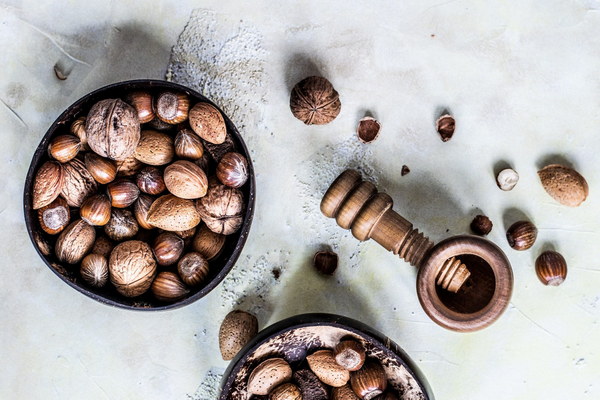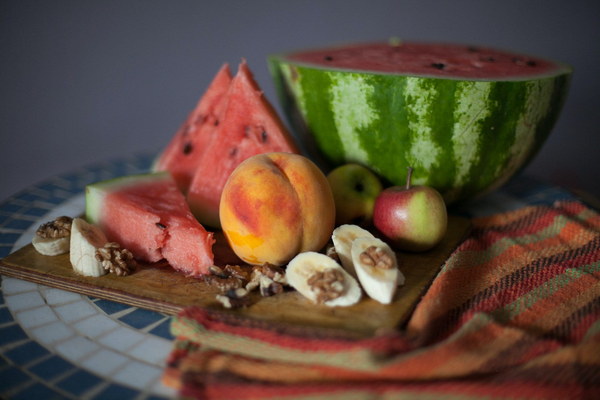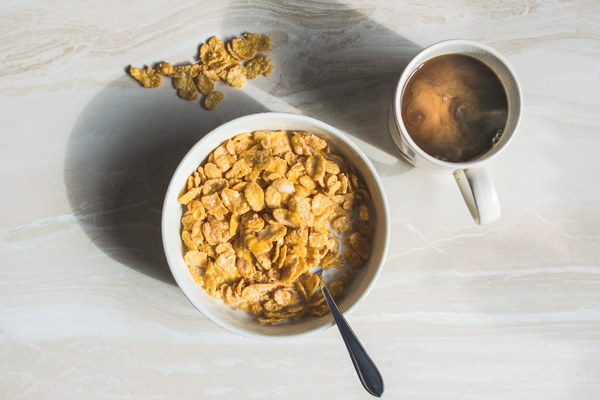Discover the Natural Remedies How Bathing with Certain Herbs Can Stop Perspiration and Excess Moisture
In the pursuit of natural remedies for various health concerns, one lesser-known method has been gaining popularity: using specific herbs to bathe and combat excessive sweating and moisture. This ancient practice, deeply rooted in traditional medicine, offers a holistic approach to skincare and overall well-being. Let’s delve into the world of herbal baths and uncover the secrets behind their effectiveness in stopping perspiration and excess moisture.
The science behind it
Excessive sweating, also known as hyperhidrosis, can be caused by various factors, including genetics, hormones, and stress. While modern medicine offers various treatments, many individuals prefer seeking natural alternatives. Bathing with certain herbs can help regulate the body’s temperature, reduce sweat production, and absorb excess moisture, thereby offering a soothing solution to those suffering from hyperhidrosis.
Top herbs for a sweat-free bath
1. Lavender: This fragrant herb is renowned for its calming properties. Lavender essential oil can be added to your bathwater, where it will work to balance the nervous system and reduce sweat production. Moreover, lavender has natural antiseptic properties, which can help keep the skin clean and prevent infections.

2. Epsom salts: Derived from magnesium sulfate, Epsom salts can be dissolved in a warm bath to draw out toxins and excess moisture from the body. Additionally, magnesium, a vital nutrient for the body, can be absorbed through the skin, promoting relaxation and reducing stress levels that may contribute to excessive sweating.
3. Sage: Sage is an herb with antiperspirant properties that can be used to combat sweat. Adding a handful of dried sage leaves to your bathwater will create a soothing and aromatic bath that can help regulate sweat production. Sage also possesses antifungal properties, making it a great choice for those with sweat-related skin issues.
4. Thyme: Thyme is another herb that can be used to combat sweat. Its natural antiperspirant properties, combined with its antibacterial and antifungal properties, make it an excellent choice for those looking to keep their skin healthy and sweat-free. Simply add a few thyme leaves to your bathwater for an effective and refreshing bath experience.
5. Cornstarch: Cornstarch is a versatile ingredient that can be used as a natural absorbent to soak up excess moisture. Adding a cup of cornstarch to your bathwater will help keep your skin dry and comfortable throughout the day.
How to create a sweat-free herbal bath
To create a sweat-free herbal bath, follow these simple steps:
1. Gather the necessary herbs: Lavender, sage, thyme, epsom salts, and cornstarch are the key ingredients for a sweat-free bath.
2. Prepare the herbs: If using dried herbs, ensure they are finely chopped or crushed. This will allow the essential oils and properties to be released during the bath.
3. Fill the bathtub with warm water: Make sure the water is not too hot, as excessive heat can trigger sweating.
4. Add the herbs: Pour the herbs into the bathwater and let them infuse for a few minutes.
5. Add epsom salts and cornstarch: Once the herbs have infused, add epsom salts and cornstarch to the water. Stir well to distribute the ingredients evenly.
6. Soak in the bath: Immerse yourself in the herbal bath for at least 20 minutes. The warmth of the water will help the herbs and epsom salts work their magic on your skin.
7. Rinse off: After soaking, rinse off with cool water to close the pores and seal in the herbal benefits.
In conclusion, bathing with certain herbs can be an effective and natural way to combat excessive sweating and moisture. By incorporating these herbs into your bath routine, you may experience a reduction in sweat production and a healthier, more comfortable skin. Remember that results may vary from person to person, so it’s important to be patient and consistent with your herbal bath regimen.





![Elegant Essentials Unveiling the Beauty Empire of [Store Name]](http://img.bluepurple.cn/a/养生/280/Elegant-Essentials-Unveiling-the-Beauty-Empire-of-Store-Name.jpg)



